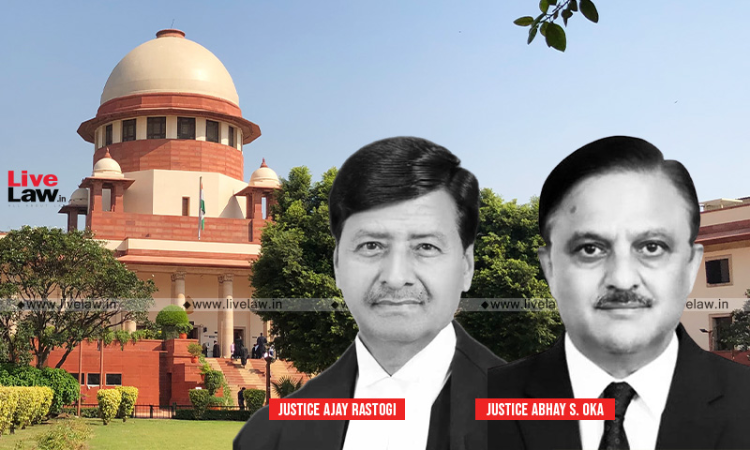The Supreme Court has observed that once the prosecution establishes the existence of three ingredients forming part of "thirdly" in Section 300 of the Indian Penal Code, it is irrelevant whether there was an intention on the accused part to cause death.The bench of Justices Ajay Rastogi and AS Oka was considering a criminal appeal against an order dated July 18, 2016 passed by the...

